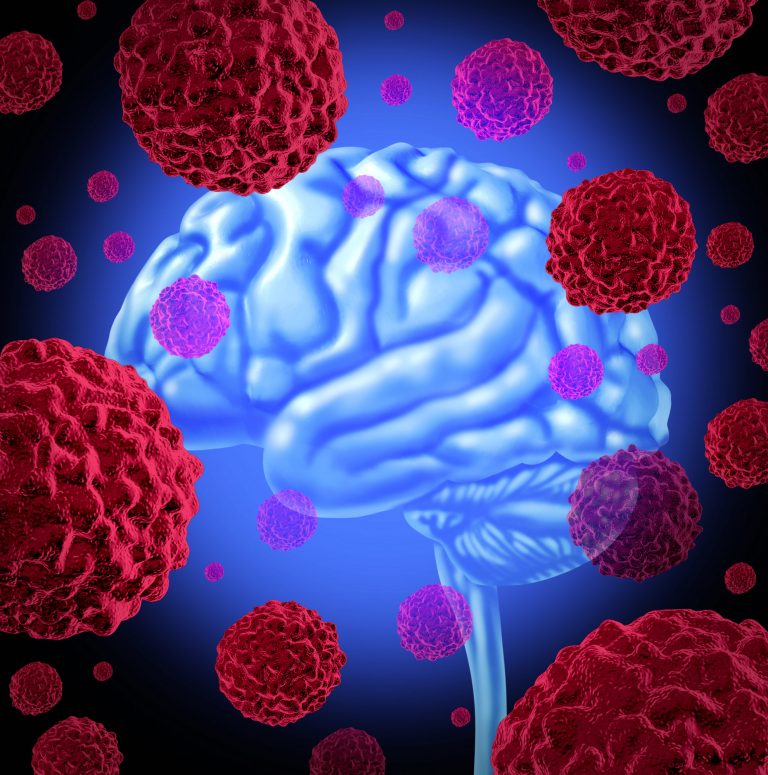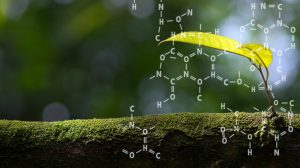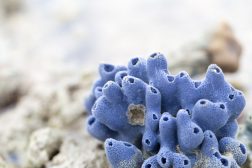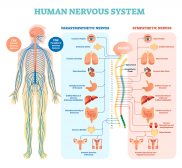Types and Causes of Brain Damage

Human brain cancer with cells spreading and growing as malignant cells
Table of Contents
The brain is a highly specialized tissue, far more complex than today’s 21st-century supercomputers. Due to this magnificent complexity, even the slightest damage can have extreme consequences.
Causes of Brain Damage
The brain can be damaged in a variety of ways, and depending on the areas damaged and the severity of the damage, it can prove relatively harmless to fatal. Some causes of brain damage are below:
- Genetics – A dysfunctional hereditary gene could have been passed on to the offspring which prevented the full development of a healthy brain
- Blow – A sufficient blow to the head can supersede the skull’s defenses (particularly at the temple) and can, therefore, allow structural damage to occur.
- Lack of Blood – Lack of blood to the brain can cause severe problems for the cells associated with the brain. A human can survive for four minutes without oxygen before the brain damage becomes so severe there is no realistic chance of survival. A stroke is an event where there is a blood shortage to the brain, which is caused by a blood clot
- Tumors – Cancer has been a major non-infectious disease more recognized over the last decade, and more cases of brain tumors are detected nowadays due to more sophisticated techniques. The continued growth of these cancerous cells puts pressure on the brain, which can cause a blood clot or directly cause brain damage due to the pressure of the tumor pressing against it.
Types of Brain Damage
- Aphasia – A type of brain damage affecting communication capabilities in the organism. This can range from the inability to construct a sentence either in voice or on paper, to the inability to recognize speech itself. This sort of damage focuses on the frontal lobe area of the brain
- Visual Neglect – This is where the information collated on one half of the brain is rejected and therefore the sufferer can only operate with one eye, because the part of the brain receiving visual information from the other eye is not functioning properly. In some cases, sufferers may only be able to paint half a painting or eat one half of a plate of food as they are unaware of the information about the other half of the environment.
- Amnesia – Or retrograde amnesia, this sort of damage affects the memory, caused by degeneration/damage in the frontal lobe. Sufferers have memory blanks when relating to past experiences in their life
- Agnosia – This unusual sort of brain damage is where sufferers still have the complete ability to see around them (unlike visual neglect), though cannot relate their surroundings in a quantifiable way, i.e. they fail to recognize a familiar surrounding, person or object, due to a malfunction in recalling past events involving the surrounding, person or object
The next tutorial takes a further look at the brain, and the capabilities of it to be used to our advantage in daily life.
You will also like...

Effect of Chemicals on Growth & Development in Organisms
Plants and animals need elements, such as nitrogen, phosphorus, potassium, and magnesium for proper growth and developme..

Dominance
This tutorial presents Gregor Mendel's law of dominance. Learn more about this form of inheritance and how it can be pre..

Physical Development in Humans
This tutorial elaborates on the physical development of humans, particularly from puberty to adulthood. Read this tutori..

Primitive Animals
Life, as we know it today, is presumed to have started in the sea and many of them were likely eukaryotic animal-like or..

The Human Nervous System
The nervous system is essentially a biological information highway. This tutorial gives an overview of the nervous syste..

Muscle
Muscle cells are specialized to generate force and movement. Learn about the different types of muscle tissues in this t..
